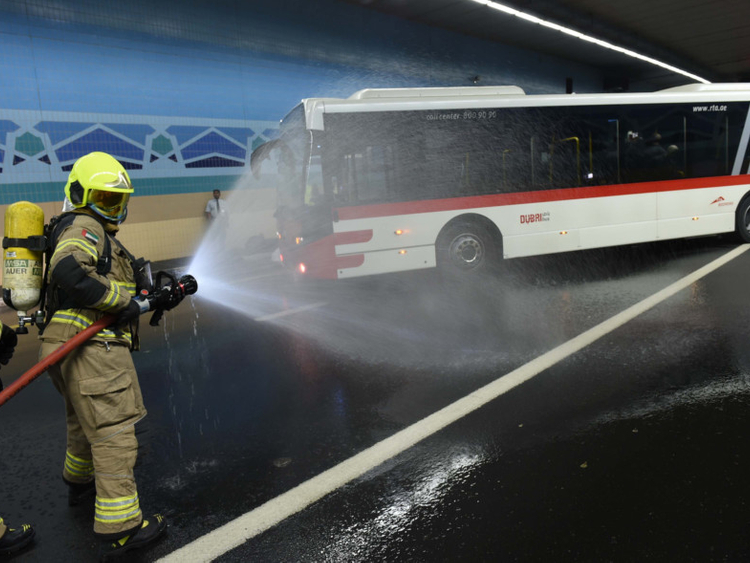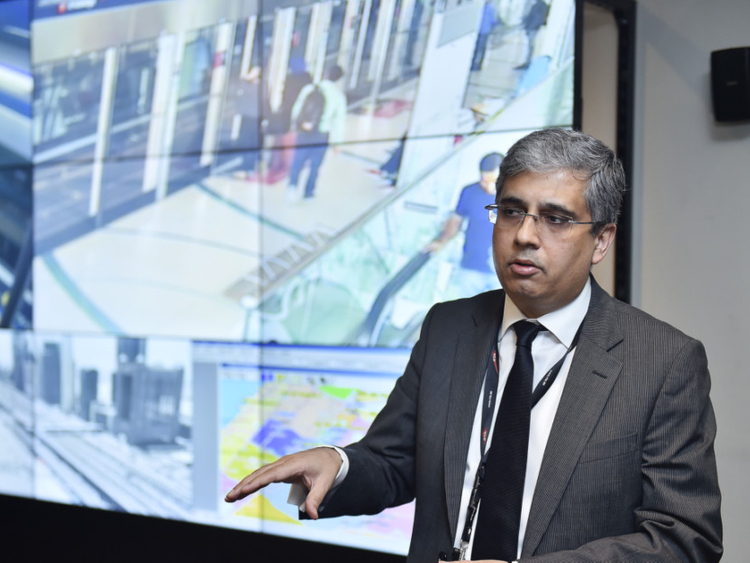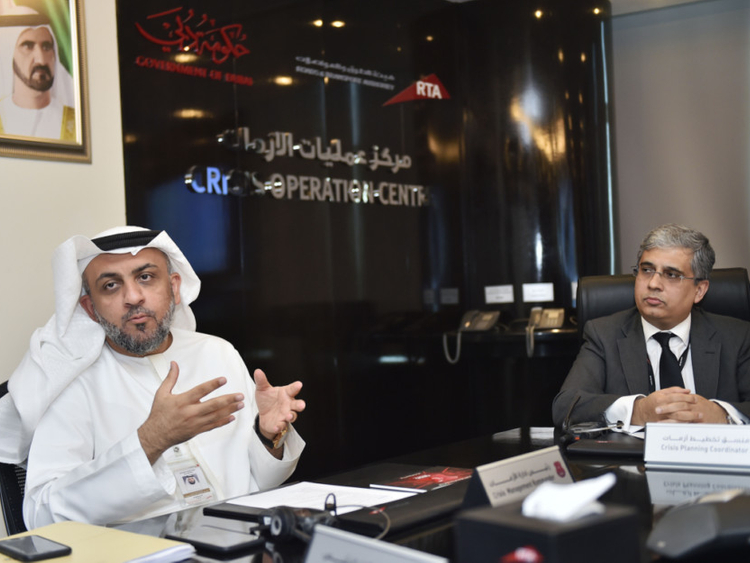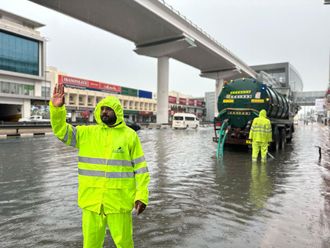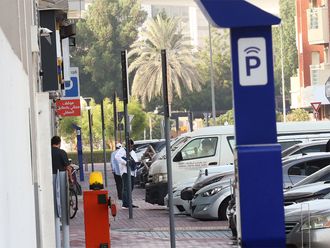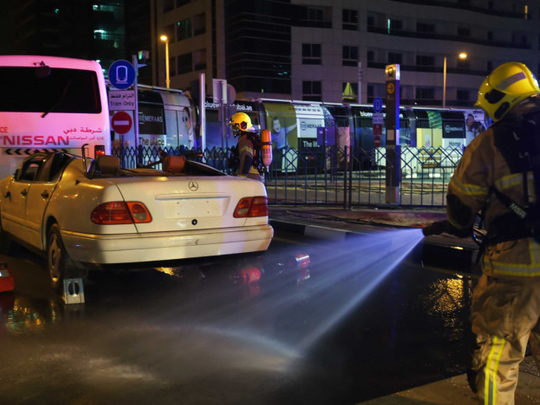
Dubai: When you live in a city that is as safe and secure as Dubai, it becomes natural to take hassle-free transport for granted.
As we reach our destinations daily, travelling on the metro, or navigating through Dubai’s streets, it hardly strikes us that the incident-free ride that we just had was not by default, but rather by design.
With around two million vehicles plying on Dubai’s roads in addition to more than a million people using the city’s public transport system, averting major disruptions becomes an enormous task. Thanks to a dedicated team of experts at the Roads and Transport Authority’s Crisis Operations Centre (COC), journeys are usually incident-free and smooth.
Interestingly, only around 70 people work round the clock to keep Dubai moving without a glitch.
So how does Dubai manage to get by without any major transport hiccups?
“Apart from gleaning lessons from the small emergencies that are part of city life, we do a lot of planning. Being ahead of the game and anticipating situations are key to our success,” said Amair Saleem, director of Safety, Risk, Regulation and Planning at the RTA.
In operation since 2008, a major part of COC’s work involves conducting simulations and drills to train responders in handling various emergencies.
“We invest a lot of our time and resources in working out strategies on how to avert hypothetical emergency scenarios which happen in major cities and in the unlikely circumstances of such cases happening in Dubai, we develop ways to deal with various situations,” he added.
Yousuf Al Ali, commander of the RTA’s Crisis and Emergency Management Team, said: “Dubai is prepared for all emergencies.”
As someone who has to make critical decisions, Al Ali is confident about the crisis team’s emergency preparedness.
However, nobody can anticipate incidents completely.
“We are constantly on the move preparing and planning. We conduct more than 30 major drills a year, but you never know. In a big city like Dubai, strange things can happen and we need to be ready for that,” Al Ali said.
So what exactly can those strange things be?
Unusual incidents range from unexpected heavy rainfall to trailers spilling strange substances like molasses on the roads.
“We have had incidents where trailers and tankers transporting molasses and syrups overturned on major highways, blocking traffic. Dealing with huge spills of sticky substances is not an everyday thing; to clear these in a short time, ensuring minimum delay in traffic movement is a challenge,” Al Ali said.
He added that the COC has managed to carry out dozens of emergency operations efficiently with the support of Dubai Police, Dubai Civil Defence, Dubai Municipality and other authorities.
The COC is connected to government departments through hotlines, including federal agencies such as the National Emergency Crisis and Disaster Management Authority, enabling it to coordinate efficiently.
“In an event that requires coordination between various authorities the hotlines help the staff to get in direct contact with the right person in another department,” Al Ali said.
With the rapid growth and expansion of the city, transport-related emergencies have gone up significantly.
The first four months of this year saw more than 60 emergencies compared to 30 in 2009. However, crisis situations have declined from five to 1 in the same period.
How does an emergency differ from a crisis?
Every emergency is flagged in the system, but not every emergency grows into a crisis, said Amair Saleem, director of Safety, Risk, Regulation and Planning at RTA.
“Normally, when we have an incident, or an accident, the agencies that work under RTA handle it at their level, in the event when something abnormal happens or requires the involvement of multiple agencies then it is escalated to a crisis and then we come into the picture,” said Saleem, who is also the crisis planning coordinator at the COC.
Some of the crisis situations that take place, include flooding of roads, breakdown of metro or tram, major road spills etc.
First of its kind in the Middle East, the centre is equipped with sophisticated technology, including state-of-the-art communication systems and giant high-resolution screens connected with more than 5,000 cameras spread across the city.
The cameras relay live footage of accidents and emergency conditions, while the embedded intelligent systems help in planning operations through GIS, direct communication channels like satellite and radio systems (Tetra).
Dedicated staff monitor the screens and the system that constantly source feed from cameras fitted to the Dubai Metro coaches and stations, in addition to those installed in various streets, marine transit facilities, bus stations and other RTA facilities.
“The focus of the crisis team, to a large extent, is to minimise the impact of an accident and try and restore services as fast as possible. The command centre constantly monitors emergencies around the city, which includes, roads, metro, taxi, buses as well as IT,” Yousuf Al Ali, commander of the RTA’s Crisis and Emergency Management Team, said.
With its top leadership drawn from high-ranking executives of different agencies, there is only a handful of permanent staff members that constitute the crisis team.


